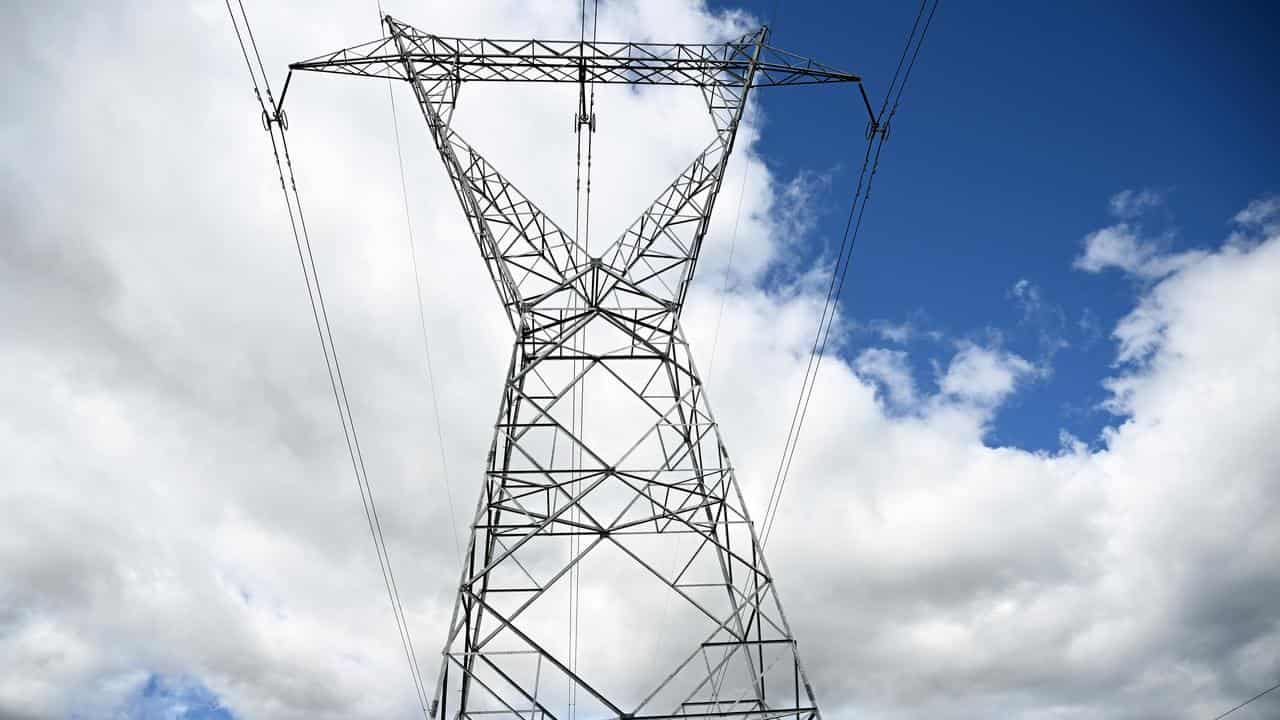
Regional Queenslanders will bear the brunt of the nation's soaring power prices following a ruling that will hike their bills almost 30 per cent.
The jump follows increases of up to 25 per cent in the state's southeast and in southern states announced last month, and has prompted the Palaszczuk government to repeat its promise of more cost of living relief in next week's Queensland budget.
The rise from July 1 will add $429 a year, or 28.7 per cent for Ergon Energy customers, taking the average annual household bill to $1926 according to a final decision by the Queensland Competition Authority.
The average small business will be slugged $511 more a year, or 26.8 per cent, and pay $2148 a year.
The increase is greater than rises announced last month for southeast Queensland, NSW, Victoria and South Australia.
The Australian Energy Regulator confirmed electricity prices will increase between 19 and 25 per cent from July 1, while Victoria's Energy Services Commission ruled the default market offer would rise 25 per cent.
The authority blames regional Queensland's plight on rising wholesale costs, which have been hit by factors such as higher coal and gas prices due to the war in Ukraine and global supply constraints.
Problems with coal-fired power also cause uncertainty, with the report released on Friday highlighting major outages and delays at the Kogan Creek and Callide C stations.
"These events have placed upward pressure on wholesale energy prices and are important determinants of Queensland retailers' energy costs and of the wholesale cost of energy in the (National Electricity Market) more broadly," the report said.
State Energy Minister Mick de Brenni said the government had always been focused on putting downward pressure on electricity prices and would deliver a bigger cost of living rebate in next week's budget.
"We are also working with the Australian government to deliver $500 in bill relief to more than one million vulnerable Queensland households," he said in a statement.
The opposition blamed the Palaszczuk government's failure to maintain energy assets, particularly the delays to repairing the generators at central Queensland's Callide C, which has had two generators offline since a fire in 2021.
"This is a bitter blow for regional Queenslanders already dealing with the biggest cost of living pressures in the nation," shadow treasurer David Janetzki said.
"Minister de Brenni said multiple times the failures at Callide would have no impact on Queenslanders' power prices.
"He's now been proved to be embarrassingly wrong."
Mr de Brenni said he had previously expressed his dissatisfaction with delays at Callide C but it was operating at close to 50 per cent while repairs were under way.
"We also cannot understate the ongoing impact of the ongoing illegal war in Ukraine and complete power station closures in NSW on global energy markets," he said.
The Queensland Conservation Council said the rise would drive up the cost of living in the regions and risked sending the most vulnerable households into energy poverty.
"The pressure on global energy prices from the war in Ukraine may be out of our hands but the Queensland government has the responsibility and solutions that can help put the brakes on soaring local energy bills," director Dave Copeman said in a statement.
The council is a member of the Power Together Coalition, which is demanding more funding for renewable energy to tackle the cost of living crisis.




